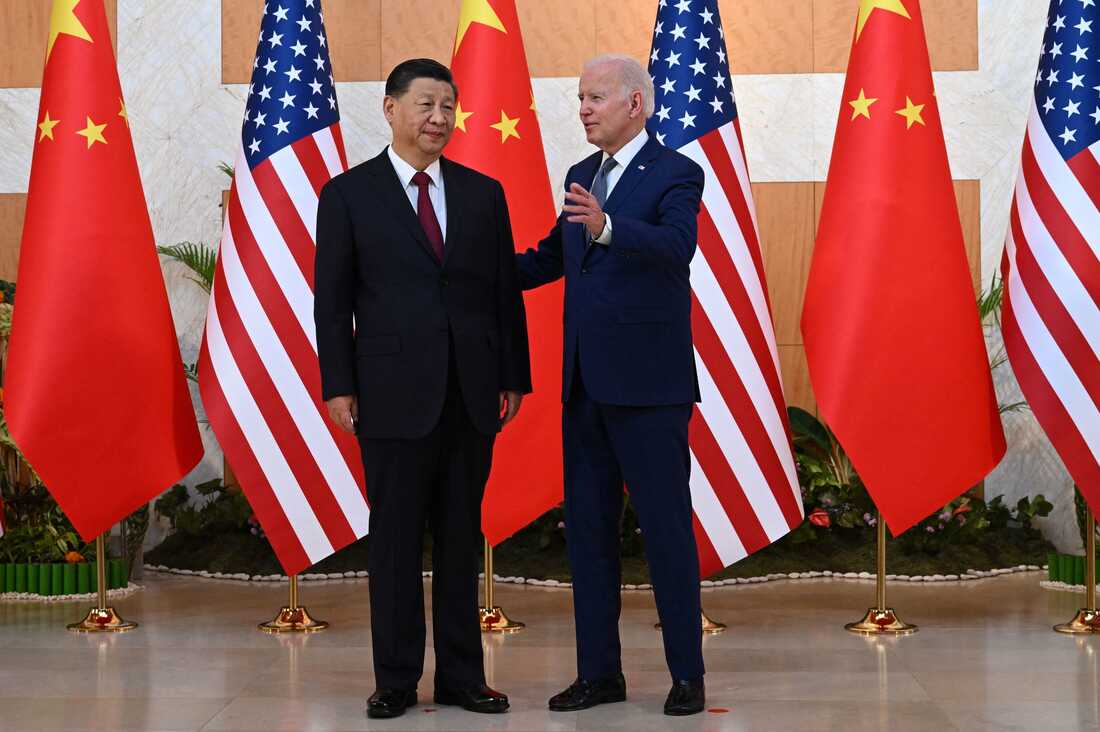Last week’s meeting between President Xi Jinping of China and his American counterpart, Joe Biden, was not just a milestone for bilateral relations, but also implications and directions in terms of global peace and security.
This also applies to countries in Africa, where the so-called major power rivalry is shaping geopolitical configurations and influencing international relations.
Zimbabwe is also caught up in this, as this article shall demonstrate.
Over the past few years, disagreements between China and the US have come close to endangering global peace with recurrent incidents such as America’s provocations on the Taiwan issue through entertaining visits by the region’s leader to the US and American officials visiting the region, despite China’s warnings not to politically meddle in the internal affairs.
China considers Taiwan to be part of China, and the core of its core interests.
China and the US have also clashed in the South China Sea amid disputes of territory, which also involves other countries in the region.
Early this year, there was an incident regarding a high-altitude air balloon that the US accused China of using to spy, before shooting it down; and as recently as late October there was a reported incident of a Chinese fighter jet coming “dangerously close” to a US B-52 bomber while flying over the South China Sea – and both Beijing and Washington blamed each other for the incident, as per media reports.
The two countries have sharply differed on global peace and security flashpoints such as the war in Ukraine and recent bombardment of Gaza by Israel.
These incidents demonstrate that the world is never too far from a major conflagration, if the two major powers – which are also key economic rivalries and have been involved in a number of disputes – do not exercise restraint.
The meeting between Xi and Biden was thus important for the two sides to find each other and narrow their differences – and it produced results.
According to reports about the meeting in the midweek, the two leaders agreed to resume high level military communication.
The US President is quoted in the media as saying: “We are back to direct, open, clear communications…Vital miscalculations can cause real trouble with a country like China or any other major country.”
The two sides also resolved the Taiwan issue.
Biden said: “We maintain the agreement that there us a One-china policy and I’m not going to change that, that’s not going to change.”
These positives coming from the meeting should be safeguarded and implemented without hypocrisy.
There are also other areas that the two major countries can work together and find ways that promote global peace and security.
Finding ways to end the wars in Ukraine and the Middle East is key to resolving some of the biggest issues on earth at the moment.
China can utilise its newfound influence in the Middle East to discourage further escalation of the war into a regional conflict with the involvement of other countries. This is a view shared by the US.
China could use its leverage to stop North Korea from supplying weapons to Russia and to end the conflict in Ukraine, and this has been the request of the Americans, too.
There is no doubt that China can, and will, do a lot to change the peace and security complexion of the world.
In fact, using the lenses of the Global Security Initiative, China seeks comprehensive, cooperative and sustainable peace, and the use of the United Nations and multilateralism as an approach to put up safeguards for global peace.
The US has not always complimentary in this regard, and has either worked to provoke China into a possible conflict or to contain it.
President Xi has recognised the need for “building a global community of shared future to safeguard world peace and promote common development”, according to his 2018 speech on “Break new ground in China’s Major-Country Diplomacy”.
The African continent is likely to benefit from a more cooperative peace framework and regime.
The US has been playing out its rivalry and containment of China in Africa, trying to foment a “new Cold War”, and this was in stark display when America reacted angrily at South Africa hosting China and Russia for military exercises.
The US itself has been shoring its military presence in Africa through the Africa Command, a network of bases in all African countries, but one – Zimbabwe.
Experts say this militarisation is a cause for concern, especially because of US history of fomenting coups and regime change in Third World Countries.
Zimbabwe has raised strong reservations to the US having military presence in neighbouring countries.
This is especially so, after the US and other countries once tried to intervene in the country through a United nations Security Council resolution that China, for the first time regarding an African country, used its veto against.
For feedback and comments, please contact ZiMetro News on WhatsApp: +27 82 836 5828.

For comments, Feedback and Opinions do get in touch with our editor on WhatsApp: +44 7949 297606.
